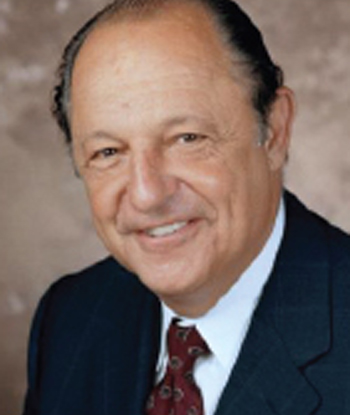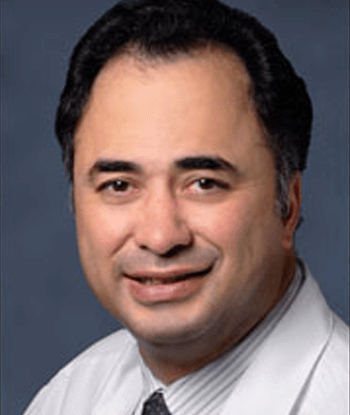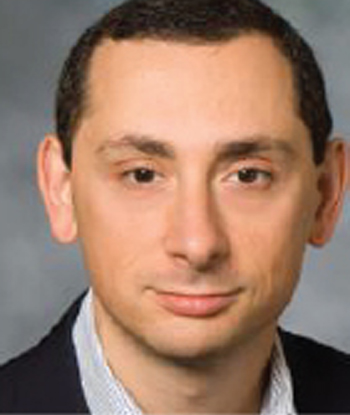
View the presentations in this CME activity and complete the evaluation. Your certificate will be mailed to you upon satisfactory completion of these documents.
Introduction Pre- CME Questions
Yehuda Handelsman, MD
Epidemiology of CHF in Diabetes Differentiating HFrEF and HFpEF
Biykem Bozkurt, MD, PhD
The Role of the Kidney in CHF- The Cardio-Renal Syndrome
Matthew R. Weir, MD
Diabetes CVOT impact on CHF in Diabetes
Mikhail Kosiborod, MD
The Contemporary Approach to the Management of CHF in DM & Non-DM
Robert J. Chilton, DO
Panel Discussion Q&A The future of the Diagnoses and Management of CHF.
Faculty: Biykem Bozkurt, MD, PhD • Robert J. Chilton, DO • Ralph A. DeFronzo, MD • Mikhail Kosiborod MD
• Sanjay Kaul, MD • Matthew R. Weir, MD
Moderator: Yehuda Handelsman, MD



Professor of Medicine
Department of Medicine
Division of Cardiology The University of Texas
Health Science Center
San Antonio, Texas

Professor of Medicine
Chief, Diabetes Division
University of Texas Health Science Center at San Antonio (UTHSCSA)
Deputy Director Texas Diabetes Institute San Antonio, Texas

Division of Cardiology
Cedars-Sinai Medical Center
David Geffen School of Medicine
Ronald Reagan UCLA Medical Center
Fellow, American Heart Association
Fellow, ACC
Los Angeles, California


Heart failure (HF) is on the rise and poses a growing challenge to patients with diabetes and their healthcare teams. Both diabetes and renal impairment contribute to Hf risk, and Hf in turn can worsen diabetes and renal outcomes. Another hurdle clinicians face is the recognition and differential diagnosis of Hf with preserved vs reduced ejection fraction (HfpEf and HfrEF). HfpEF, which commonly affects patients with metabolic diseases, has a different presentation and may respond to treatment differently than HfrEF. Clinicians must also understand the effects of different antihyperglycemic therapies on HF, including which agents are likey to provide a benefit and which may increase HF risks. This satellite symposium will focus on the diagnosis and management of heart failure in patients with diabetes and will help clinicians sort through the evidence and identify the best approaches for individual patients.
Upon completion of this meeting, participants should be able to:
This educational initiative is designed for endocrinologists, cardiologists, family physicians, internists, diabetologists, gastroenterologists, pediatricians, nurse practitioners, physician assistants, dieticians, diabetes educators, and other healthcare professionals interested in the pathophysiology, prevention, and treatment of diabetes, obesity, cardiovascular disease, and associated conditions, as well as the effect of these conditions on health and society.
This activity has been planned and implemented in accordance with the Essential Areas and policies of the Accreditation Council for Continuing Medical Education through the joint providership of PESI, Inc and Metabolic Endocrine Education Foundation (MEEF).
PESI Inc is accredited by the ACCME to provide continuing medical education for physicians.
PESI Inc designated this live educational activity for a maximum of 2 AMA PRA Category 2 Credit(s). Physicians should only claim credit commensurate with the extent of their participation in the activity.
This is a CME Program Supported by an Educational Grant from AstraZeneca
Jointly Provided by: MEEF & PESI